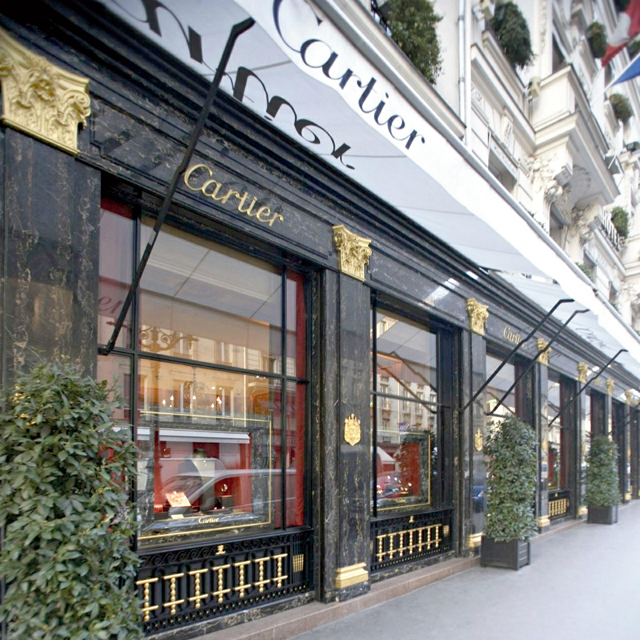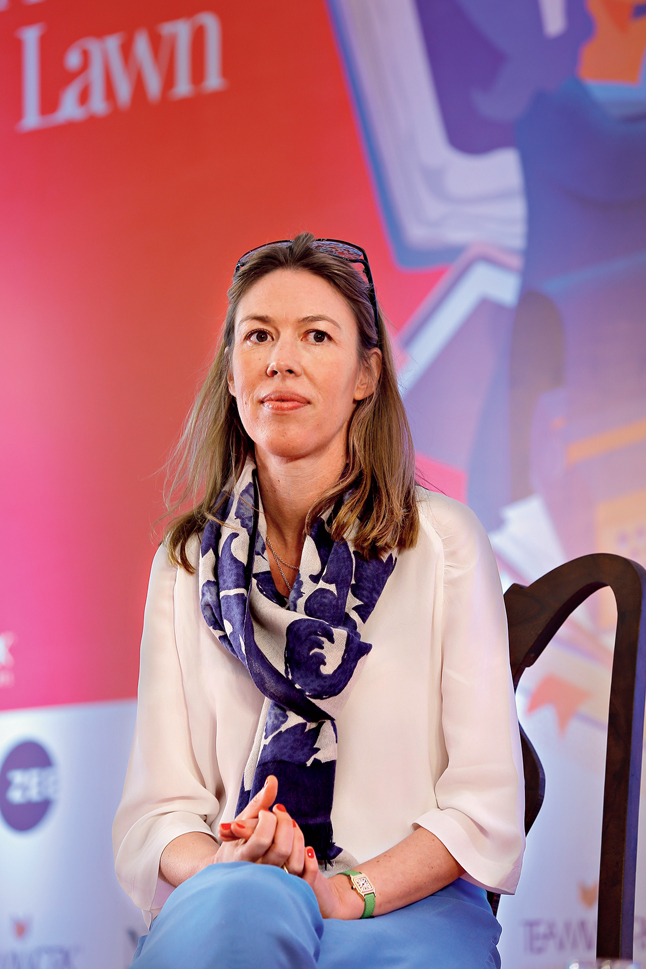Francesca Cartier Brickell is a descendant of the Cartier family and it was no surprise that on her recent trip to Jaipur, she went straight to the Gem Palace and tried out “exquisite pieces” and spoke to those managing the business for years. Cartier, the brand, was sold off by the family in 1964 and it was a chance encounter with a box of letters from family heirlooms and her proximity to her grandfather that led her to write a book documenting the meteoric rise of the brand — The Cartiers: The Untold Story of the Family Behind the Jewelry Empire. “My finance background helped me in a way. I used to analyse companies and determine their worth and here I had three brothers, who at a young age decided that they were going to build the biggest jewellery empire in the world. How many start-ups can make a claim like that even before they have started out? And my quest was to find an answer to the question — how did they do it?” she tells The Telegraph as we sit down for a quick chat at the launch of her book in Jaipur earlier this year. Excerpts…

The famed Cartier store at 13 Rue de la Paix, Paris Sourced by the Telegraph
Why did you decide to write this book?
For me the book has been interesting because it’s about the family and the characters and that has been so exciting for me to understand, as I have done the research. I spoke to my grandfather, went through letters and documents and met people connected to the family to be able to recreate what it was working at the firm and what it meant to better understand the business and significance behind each piece. And now all of it has come to mean so much to me because it’s not just a piece of jewellery. The amount of thought, care, craftsmanship that has gone into each piece — people were trained for years before they were even allowed to touch a finished piece. So I had a new-found admiration — ‘new-found’ because I couldn’t understand it before — for the pieces.
Do you personally have any affinity for the craft?
Even finding out about the craft in depth was phenomenal. There was one emerald necklace that my great grandfather had made for a Maharajah. And it had taken him 48 hours to just set the emerald because they are known to be notoriously fragile. One slight shake of the hand could cause the emerald to crack. When you understand that, there is a whole new significance to the piece. That is why my grandfather was glad that I was writing this book because he always used to talk about the unsung heroes who were practically anonymous. They had been apprentices for seven years and they could be chucked out any time. So the level of their skill was really amazing.
Tell us about your research process...
There has been a lot of research before the writing, which included travelling around the world speaking to people who are connected to the brand. Like in India, I followed the trail where my great-grandfather’s association lay and I ended up meeting descendants and members of the royal families as well as gem dealers. The Cartiers are four generations but that is nothing compared to these gem dealers who have been in the business for many many many generations! That’s why it was important for me to get other perspectives than just my grandfather’s. Same went for the letters I had, they were one-sided so this was my best bet. I managed to get a more rounded view by the end of my research period. And I never really met my great grandfather so it’s not like it was someone I knew. That pretty much brought the objective angle to the story. It was like researching a stranger.
Are there any stories that you unearthed, which stayed with you?
There was a story wherever I went. Once there was a burglary at 13 Rue de la Paix in Paris (The Cartier headquarter) and it was suspected to be an inside job. The son-in-law was suspected and later exiled! There are all sorts of stories! It was a very family, human story that I discovered. Cartier was a creative genius with a bit of a fiery temperament. He made the first watch with jewels on them but he may have been a genius but he was also human. It wasn’t all bright success and diamonds. There was also a lot of water under the bridge!
What is your personal relationship with the brand Cartier?
I have a special affinity to the old and to my family and it’s amazing how the heritage is still kept alive today. I went to Cartier crypt in Versailles and I felt a jolt of connection. It’s like people came alive and I felt like I was a part of this.











